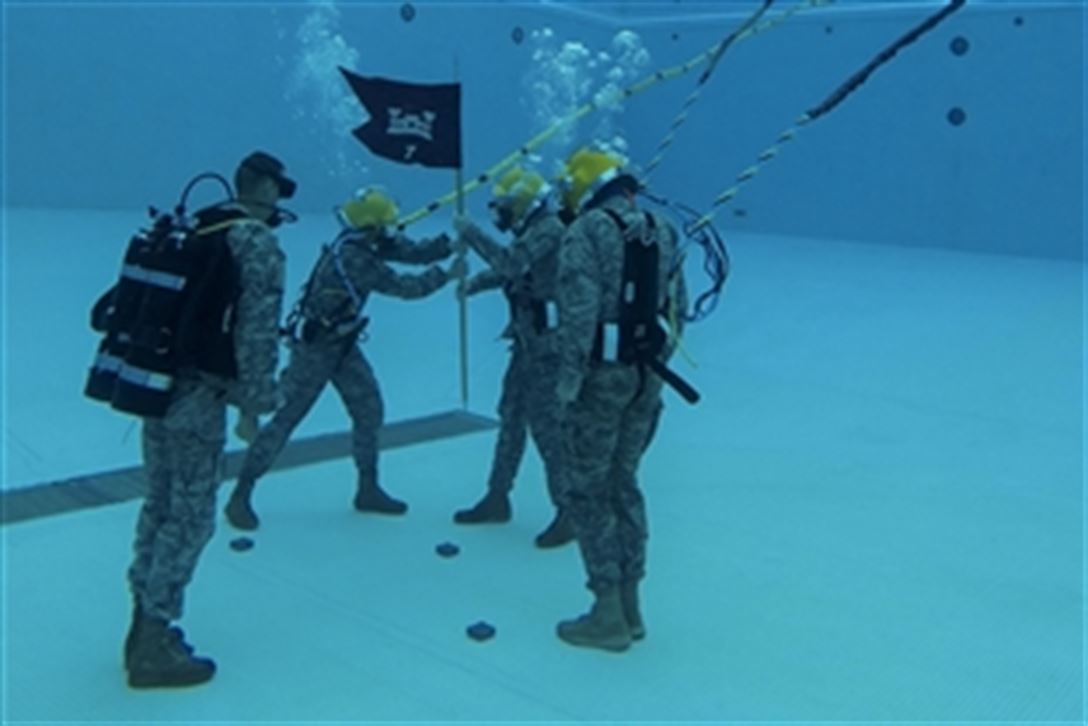
This post is an original article written by Timothy Wienecke. Tim is a United States Air Force veteran and clinical mental health counselor practicing in Golden, Colorado. He has specialized in supporting veterans transitioning to higher education after the military through his work as a facilitator for the Peer Advisers for Veteran Education (PAVE) program at the University of Colorado at Denver.
You’ve successfully landed. You know how to pass exams, which professors are a pain in the rear, and how to successfully navigate the campus bureaucracy. As with most things in life, now that you’ve gotten one thing figured out, it’s time to get ready for your next challenge. Here are some things you can do to set yourself up for a successful launch from college into your chosen career.
Now is not the time to find a major, finish the degree.
Students I’ve worked with often get to the end of their degree and have second thoughts about the path they chose. Cold feet at the end of your program is normal, don’t talk yourself out of finishing. For veterans, this makes even more sense. Remember, you’ve successfully used your skills and know how to settle in here, you can do it again. Don’t convince yourself that hanging out in college longer is better than taking your next step.
Concrete ways to shore up your resolve are to trust your goals and consider the cost of continuing college. If you’re finishing your bachelors, nine out of ten times, you’re better off finishing your degree rather than taking another year or two of school to change degree programs. For the time it would take to complete a different bachelors, you may be able to get into a graduate program later on instead. Most white-collar jobs want a degree, but it isn’t critical which degree unless the job is highly specialized. If you’ve come this far, you had a goal in mind when you started your program. Trust yourself and don’t change mid-stream. Money can be a real struggle at this point. Finding funding to continue college can be rough, especially if you’ve already been in college for a few years without finishing a degree. While there are exceptions, the folks I’ve helped rarely find taking on thousands of dollars of debt to restart a new program worth it. Finish.
Find a mentor in your field that is not an academic.
If you were successful in the military, you likely had a mentor and hopefully mentored others. Veterans know how important mentorship is through any transition. Getting ready to launch out of college is no different. By now, you’ve found someone on campus that’s helped mentor you through your program; a professor, peer, an advisor, etc. That’s fantastic, but it’s time to get off campus. Folks in academic programs are often disconnected from the field because academic study tends to push out the real world. Most fields are looking to hire veterans because they want tax breaks, our skills, drive, and experience. With support and legwork, you can find great people in your chosen field to mentor you. This will help start to build your professional network, find a solid internship, and get your first job.
Good programs have connections in the field, so start there. It’s usually part of their internship programs, so if there is an advisor or professor that runs the internships for your program, they’ll likely be the one to help. There are also a ton of veteran networks and non-profits dedicated to connecting with professional networks. Find the ones for your field and get involved. Short of all of that, if there is a company you know you want to work with, politely cold calling people at the company for information about the job and their day to day routine can be very helpful. Not only will this give you an inside view on what the field looks like, they may be able to connect you with someone who makes a habit of mentoring.
Find an internship before you’re out of college, but be strategic about it.
Internships can be tricky. The millennials have given more free labor through internships than any generation in memory and often see little benefit from it. A few years ago, the statistic was only a 2% increase in job placement for graduates who did an internship. That is often because programs have not done a great job of protecting their students from predatory companies. Companies love free labor. That doesn’t make them evil, it’s just the nature of business to lower cost and increase profit. Do your research to find a placement where you are getting compensated for your time. A good placement that doesn’t lead to a job can have value if the experience they offer makes you more marketable and teaches you skills you want.
The first thing to look for are the tangible benefits of the internship. It should earn college credit, professional certification, and/or pay some amount of money. If they do not do any of those, the likelihood that they will value your work enough to give you the mentorship and education you’re hoping for is minimal. You don’t want to end up stuck in a file room or getting coffee for someone who doesn’t want anything other than someone to do menial labor.
Some programs will have good relationships with companies, some do not. Either way, it is going to be important for you to do your own research. Remember, colleges are not always great about making sure the internship placements are solid. Glassdoor.com and similar sites are great ways to learn a bit about the culture of company. If the company does not value mentorship and employee growth, they are unlikely to do well by their interns. Tapping into the network you’ve been building in college is also a way to get info. Talk to your peers that have done internships and find out about sites they’ve been to. The rumor mill can tell you a lot, if it confirms what you’ve found online great; if not, dig deeper.
Take advantage of the last break you’ll get for a while.
Most companies start employees with a week or less of vacation and some not even that. Most veterans tell me about using big chunks of their leave to get some great stories and reconnect with the people that are important of them. The breaks between classes during this year may be your last chance for the next few years to have weeks off at a time. Take advantage of them. You’re going to do better making the leap into your career if you’ve gotten some time to recharge. Spend spring break taking a road trip, having a stay-cation with your spouse, or meeting up with your battle buddy somewhere fun. It doesn’t matter what you do as long it is something for yourself.
Don’t get so focused on the future that you trip before the finish line.
The last stretch is a grind. The average college student has a significant drop in GPA during their last semester. Even more telling, US college students only average a 60% graduation rate. People consistently invest their time, money, and effort to run out of gas before finishing. There are reasons for the drop in motivation. Most students are busy looking forward to where they want to go, becoming so focused on the future they forget to finish the work that’s impacting them right now. Some get to the end of their program and lose faith in the goals they set for themselves and others just are tired of the grind and bull that college requires. Knowing those challenges can help you mitigate them.
In addition to trusting your goals and getting some vacation time to recharge, rely on your training. Task completion is a skill you’ve managed to hold on to from the military to get this far. Now is not the time to drop it, if anything it’s time to crank it up. Make a checklist, keep and follow a calendar, and check in with your financial aid office and advisors to make sure you’ve got the support needed to execute your plan. You’re going to need the structure to help while you plan your future and push through the last stretch.
You’re almost done with this step toward your future. Keep at it and take these tips to heart. If you do, there is a great shot of not only making it through college, but landing on solid ground to keep building a great life.
Did you enjoy this post? Please comment below and share with your network in order to join the conversation regarding veteran mental health. You can sign up for updates from Head Space and Timing and follow Tim on LinkedIn and find more information on his website, Empowered Change: Counseling & Education P.C.



1 Comment
HST 015: Veterans and Higher Education with Timothy Wienecke — Head Space and Timing · February 27, 2018 at 5:57 am
[…] The Veteran Scholar: Five things to do during your last year of college […]
Comments are closed.